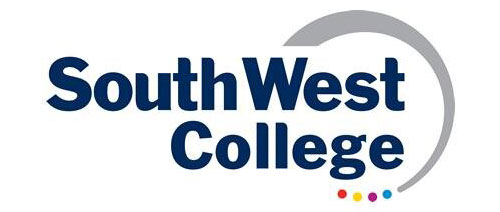Recycling plastic packaging contaminated with residual food waste
A huge contamination issue
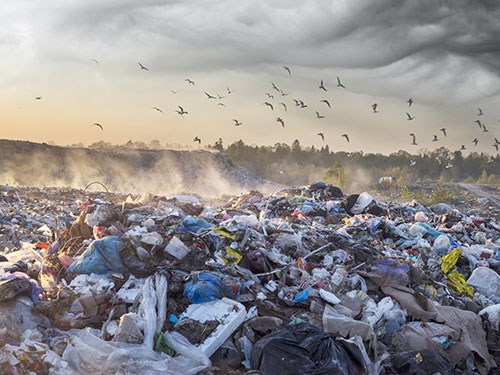
A lose-lose situation
It’s a messy problem. The food contaminated plastic is difficult to recycle without extensive cleaning which requires large quantities of water that make the process uneconomic.
If the contaminated packaging is landfilled the food waste residue decomposes releasing methane, which is more than 25 times more potent as a greenhouse gas than carbon dioxide, and the plastics are not recycled.
A separation solution
Win-win
Once separated, both the food residue and plastic can be effectively treated and recycled. Developing a process to remove the residual food waste will provide clean plastic for use in existing markets for recycled plastics and boost renewable energy production from anaerobic digestion plants by maximising the usage of food waste feedstock. Ultimately, it promises additional greenhouse gas reductions and increased sustainability.
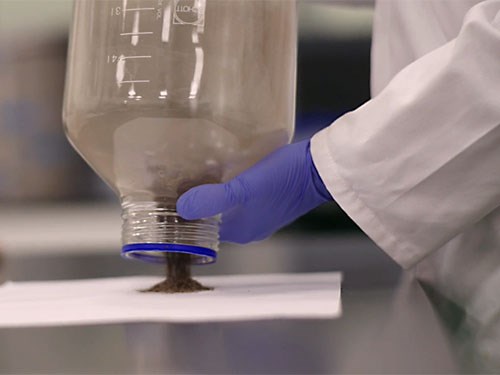
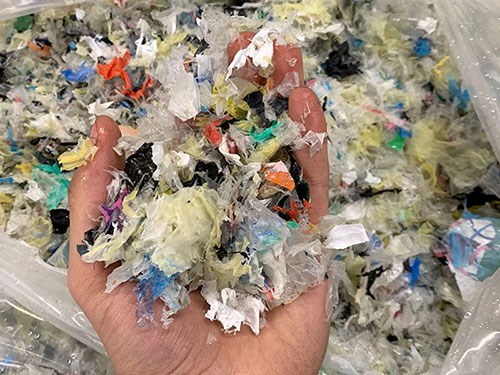
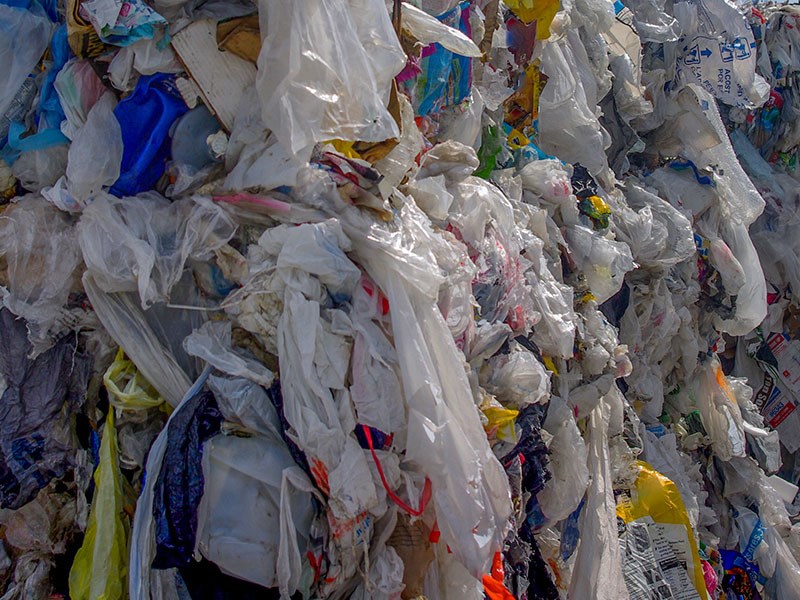
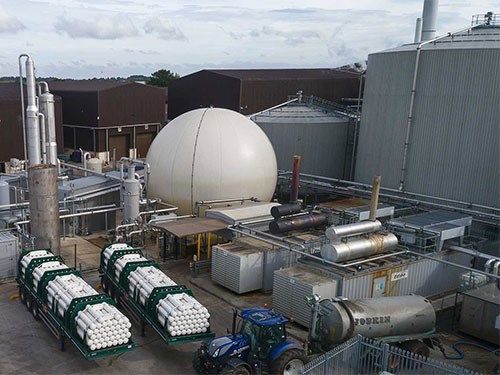
Scaled up success
This funded project will allow South West College to achieve proof of concept with a prototype plant at Granville Eco Park, a market-leading anaerobic digestion plant in Northern Ireland. This in turn will enable the process to be scaled up commercially, so it can be used by any anaerobic plant in the future.
About South West College


